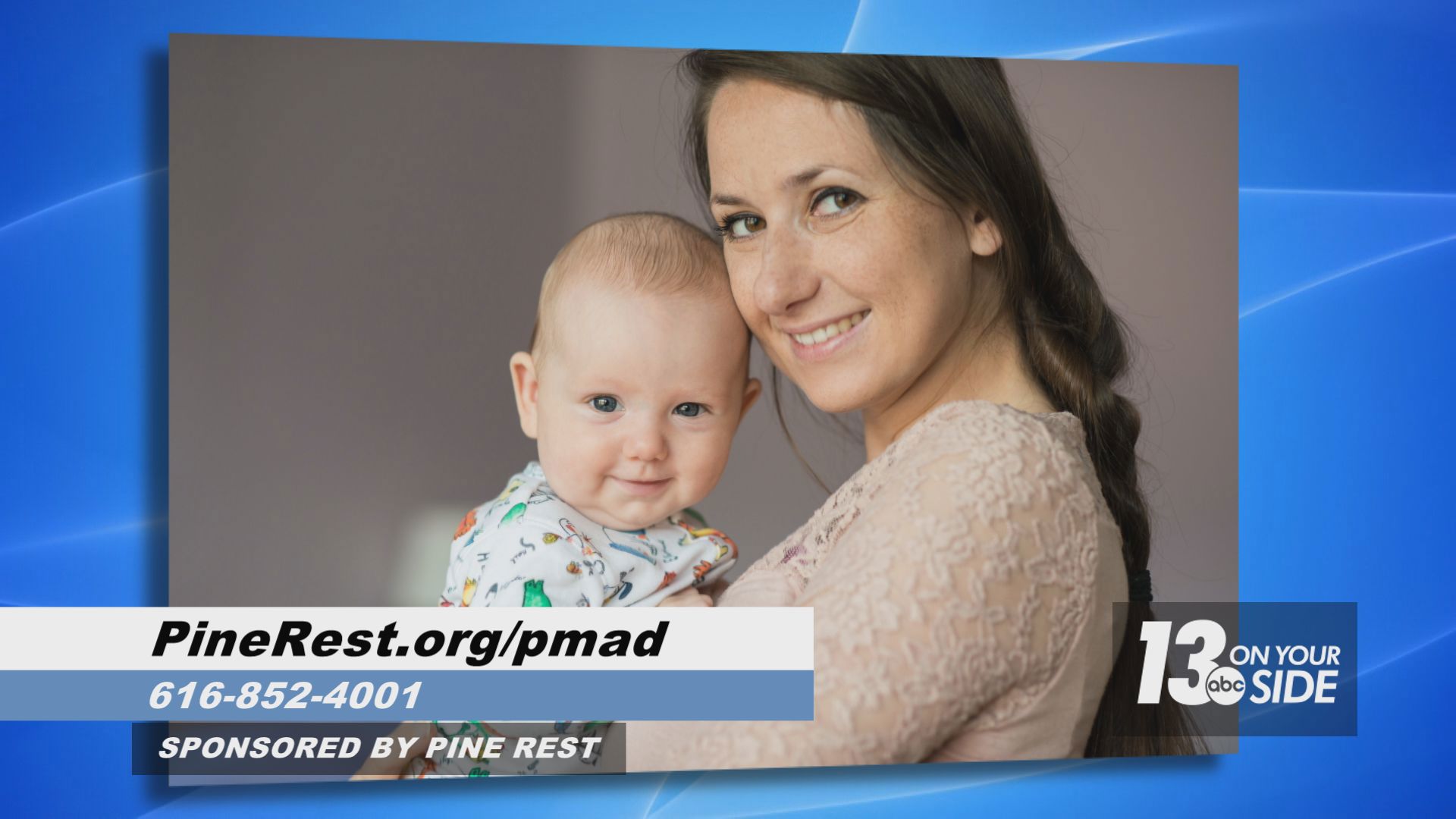But for 1 in 5, pregnancy and postpartum can be a time with increased depression or anxiety. Social worker Sarah DeYoung from Pine Rest Christian Mental Health Services joined us to talk about the number-one complication of pregnancy—perinatal mood and anxiety disorders.
Common Symptoms of PMAD include:
• Feeling overwhelmed or “empty”
• Scary thoughts or excessive worry about baby
• Feeling hopeless, helpless, guilty
• Changes in sleeping and/or eating patterns
• Panic attacks
• Chronic fatigue
Often, the stigma and guilt associated with not being a “good” parent makes pregnant and new parents hesitate to seek treatment. After all, if the symptoms are “normal” then why ask for help? But that's just not the case. Family and friends can help support pregnant and birth parents in a variety of ways. DeYoung advised, don’t just ask about baby, ask about the parents. Don’t just visit to hold the baby, help around the house, run errands, etc. Bring meals or organize a meal train.
DeYoung said Pine Rest offers several different treatment options for people suffering with PMAD, including outpatient, virtual or in person sessions with PMAD specialists, a Psychiatric Urgent Care Center and, starting in June, a virtual therapy group. For more information call 866-852-4001 or visit
www.PineRest.org/pmad.
This story is sponsored by Pine Rest Christian Mental Health Services.
►Make it easy to keep up to date with more stories like this. Download the 13 ON YOUR SIDE app now.
If you would like more information about advertising with 13 ON YOUR SIDE, please contact Jeff Olsen at jolsen@wzzm13.com.
Sponsored: Pine Rest supports those suffering with pregnancy and post-natal mental health challenges
Having a baby can be a beautiful, joyful time of life and that's what most expect.

